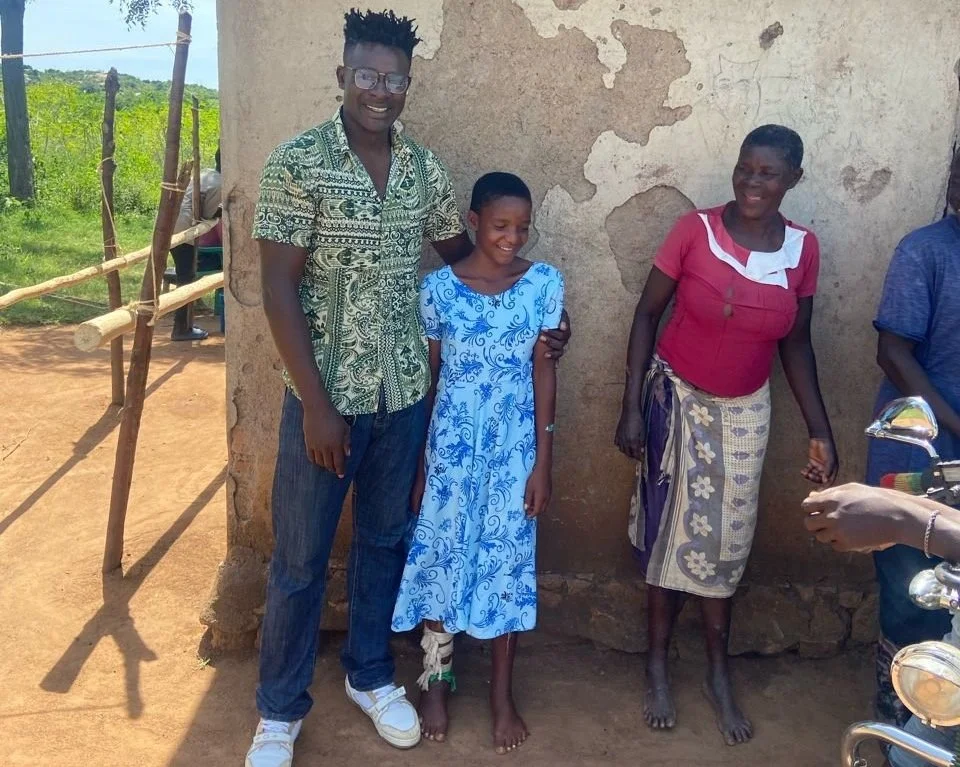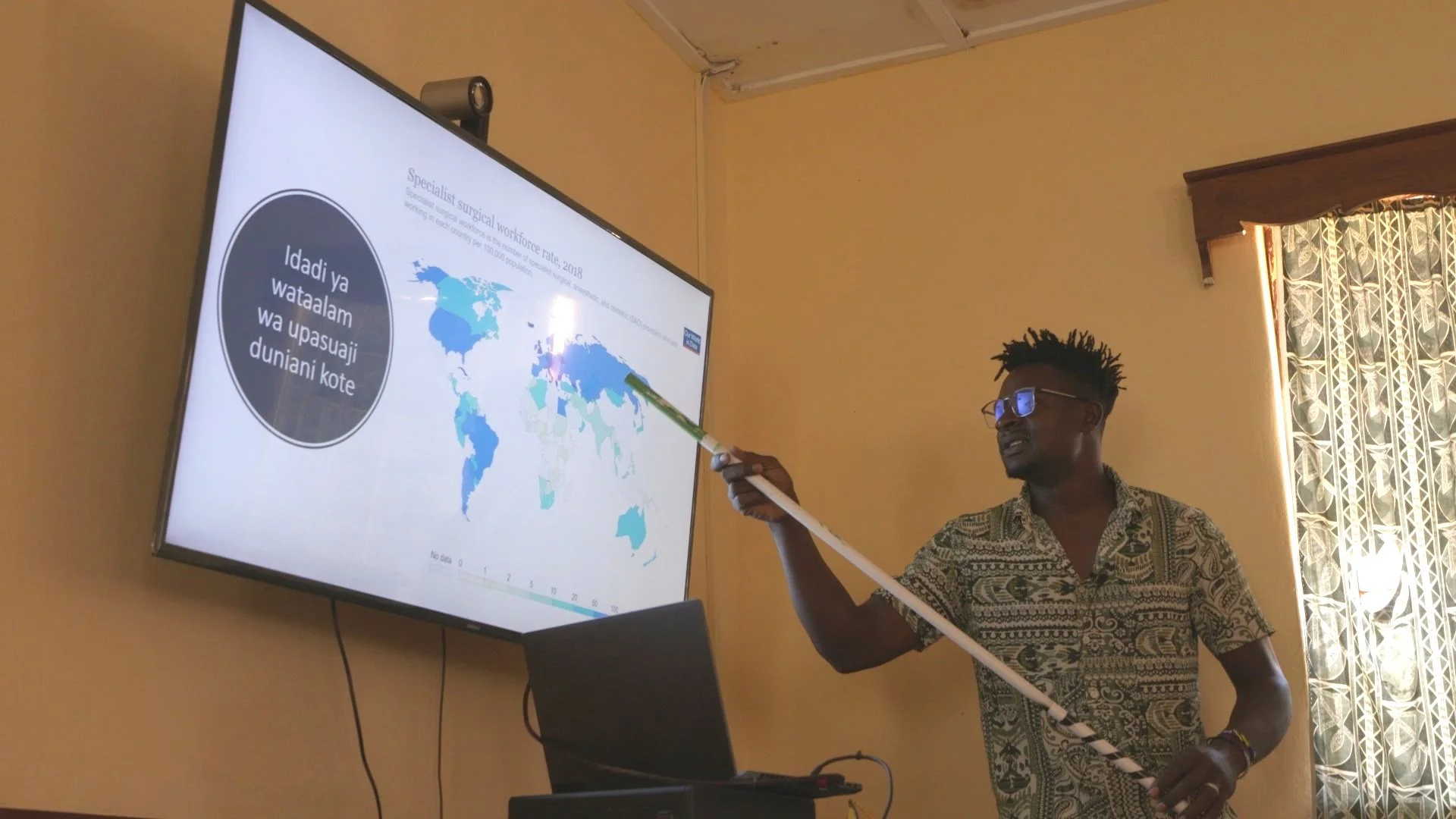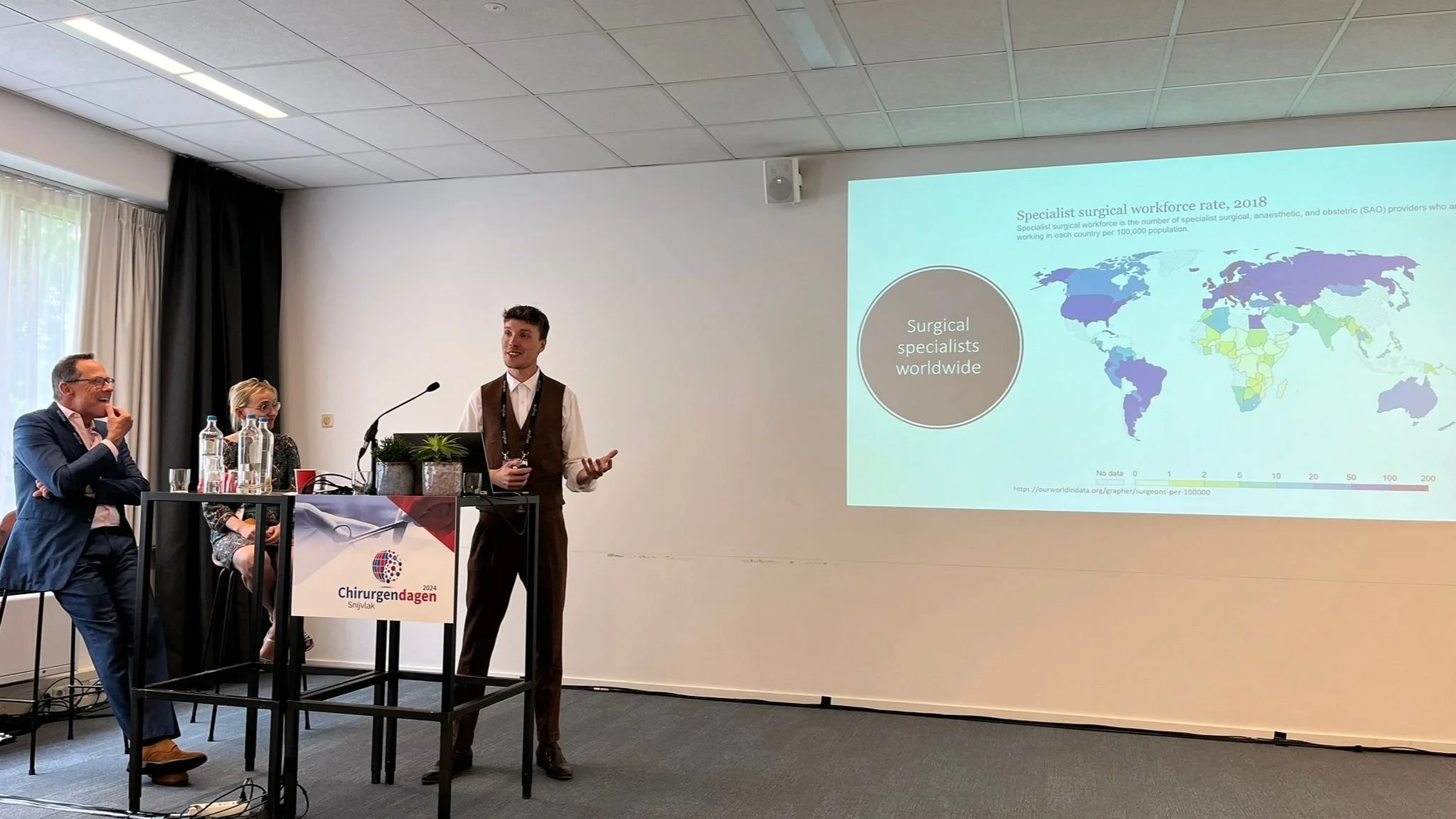Meet Shainuni: Latest News from the Bonesetter Project in Tanzania
Shirati, Tanzania - The Building Bridges for Broken Bones project aims to improve outcomes for fracture patients in Tanzania, by building effective collaboration between traditional bonesetters and local hospital staff. The project includes an innovative pilot study to improve fracture care through a collaborative treatment model.
Lanch of the pilot study
In April 2024, the project team officially launched the pilot study. The pilot implements a collaborative treatment model in which traditional bonesetters provide conservative and local treatment when appropriate, but also to refer for surgical treatment at the hospital when needed. As a basic principle, the model also ensures that every fracture patient is provided with adequate pain relief and X-ray diagnostics. A total of 52 patients were recruited for inclusion into the pilot study.
Meet Shainuni
Shainuni was hit by a speeding car, which resulted in fractures of her jaw and both legs. Her jaw was surgically restored at a referral hospital, but the family refused surgery for the leg fractures due to a lack of financial resources. Shainuni was included in the project’s collaborative treatment model and the treating team again advised surgical treatment.
Due to insufficient funds, however, the family opted for treatment from one of the bonesetters who forms part of the collaborative treatment model, working in collaboration with hospital staff. Before discharge, the hospital team supported Shainuni’s recovery with antibiotics, surgical debridement, and wound dressing instructions. At Shainuni’s 3-month follow-up with the partnering bonesetter, she was walking unaided.
Shainuni (middle) at her 3-month follow up with Mr Jovine Okoth (left).
The pilot study will continue until October 2024 and is led by Mr. Jovine Okoth and Dr. Nkaina Walter Harun. The study will compare the outcomes from the intervention group, who are part of the collaborative treatment model, to the control group, who receive the common traditional bonesetter treatment (only without collaboration with the orthopaedic surgeons). Fracture management will be assessed by comparing the number of minor and major complications, as well as radiologic fracture healing and functional outcomes.
Efforts to scale-up training to neighbouring regions
Mr Jovine Okoth conducting a stakeholder meeting with local hospital staff and traditional bonesetters.
The project team continues to share results among the project stakeholders. In May, Mr. Jovine Okoth hosted a meeting between the local hospital staff and traditional bonesetters, with encouraging discussion. The project team is currently growing its team to support scale-up of training to neighbouring regions.
In addition, in May 2024, Dr. Joost Binnerts presented the Building Bridges for Broken Bones project at the Crosscutting topics in Global Surgery event hosted by the Netherlands Society for International Surgery. This event provided a platform to share the latest results of the projects ongoing activities and generated interest relating to expansion and sustainability within the global surgery community in the Netherlands.
Dr Joost Binnerts presenting at the “Crosscutting Topics in Global Surgery” event.
The Building Bridges for Broken Bones project is supported by GSF’s SURGfund, the first catalytic fund for surgical care systems.
Stay up to date!
Learn more about the project here
Read the previous project update
Learn more about SURGfund





